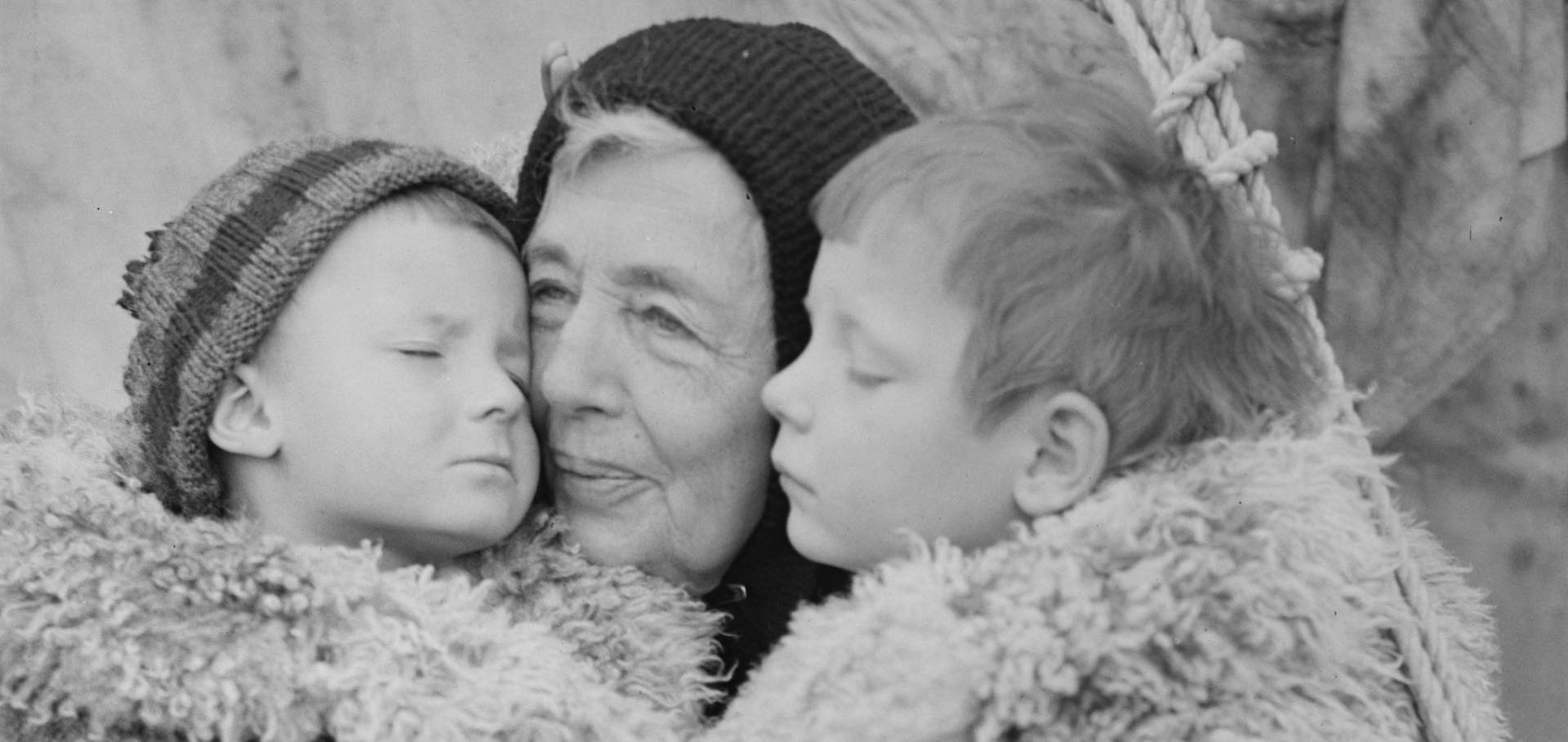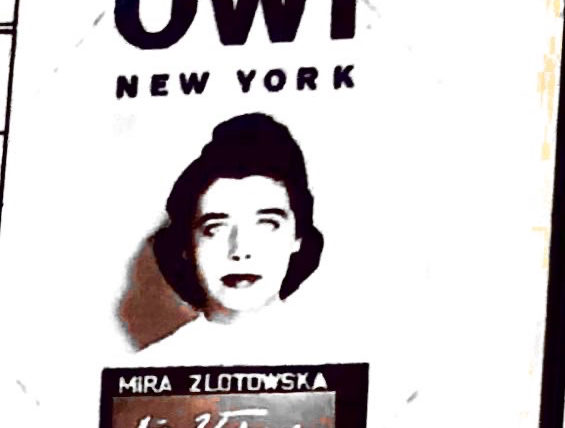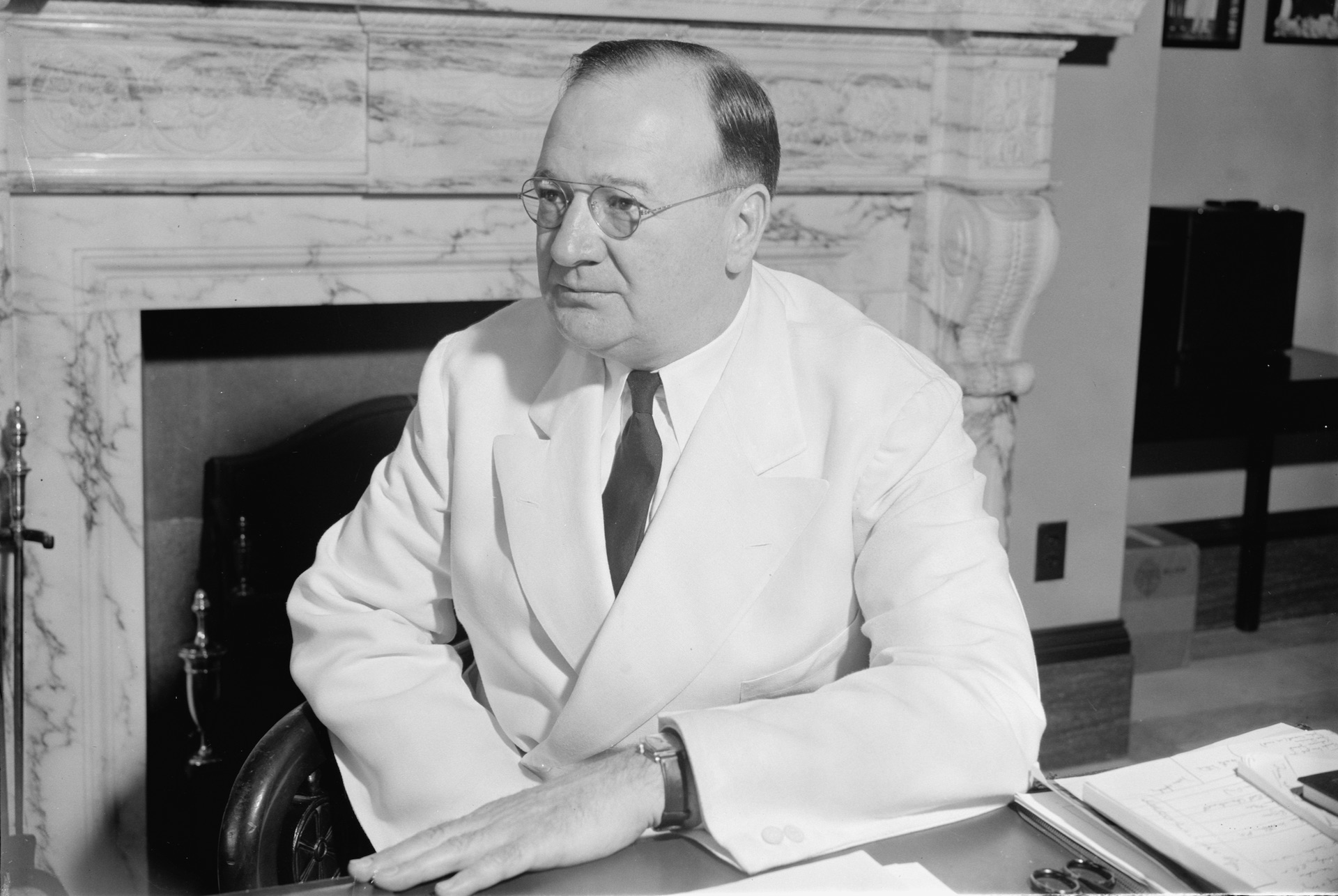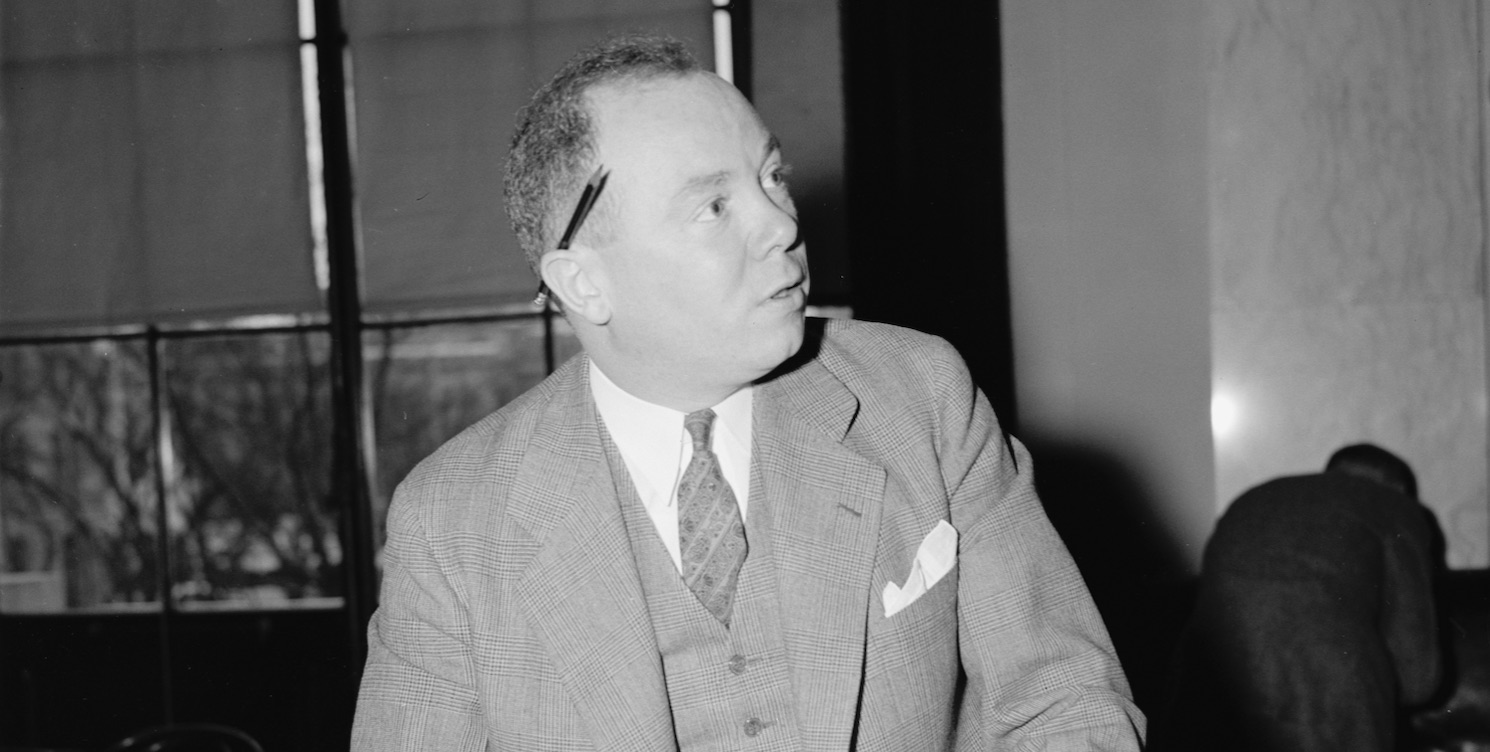In 1948, Democrats and Republicans in the U.S. Senate charged that Voice of America (VOA) broadcasts contained “baloney,” “lies,” “insults,” “drivel,” “nonsense and falsehoods,” amounting to “useless expenditures” and “a downright tragedy.”
In 1948, U.S. senators called VOA programs “ridiculous,” “unjustified” and “deplorable.” Liberal, moderate, and conservative lawmakers, some of whom even accused the Voice of America of “slander” and “libel” in how several U.S. states were described in radio programs acquired from NBC under a government contract, did not seek to de-fund and close down VOA but wanted to make it more effective in presenting America to the world and in countering propaganda from Soviet Russia. Their criticism eventually led to partial personnel and programming reforms in the early 1950s. In 2019, history seems to be repeating itself, with similar problems being reported at the Voice of America as the United States tries to respond to propaganda from Putin’s Russia, communist China, theocratic Iran and other nations under authoritarian rule. Today, there is little interest in the U.S. Congress and no obvious signs of management reforms, while some of the problems seem now more difficult to solve than those besetting the broadcaster in 1948.










